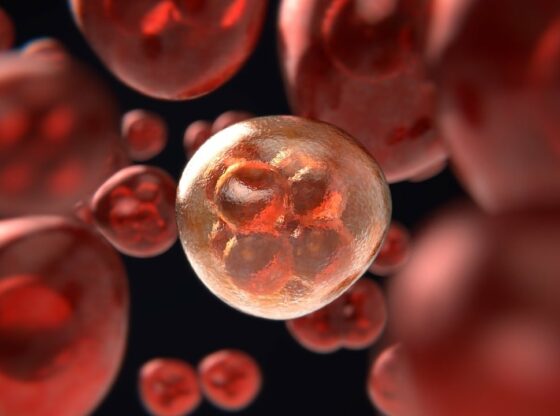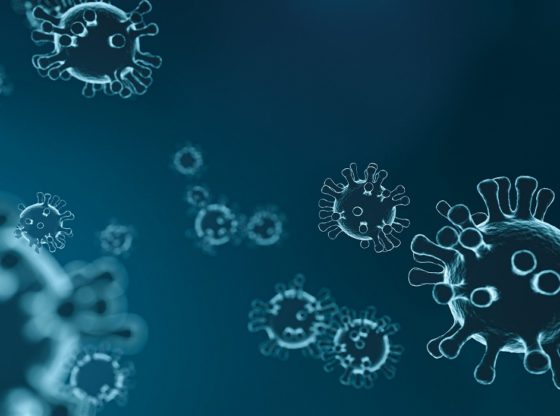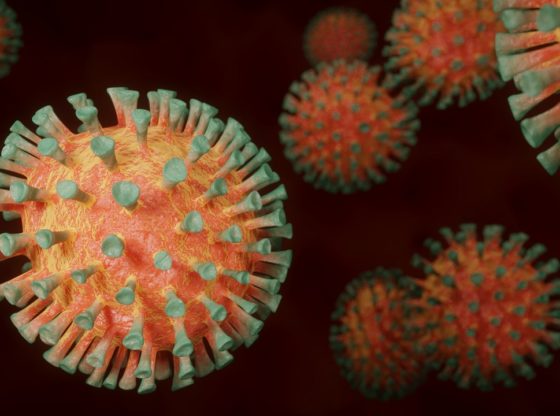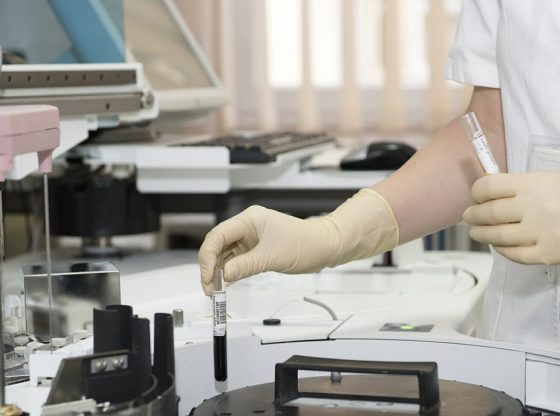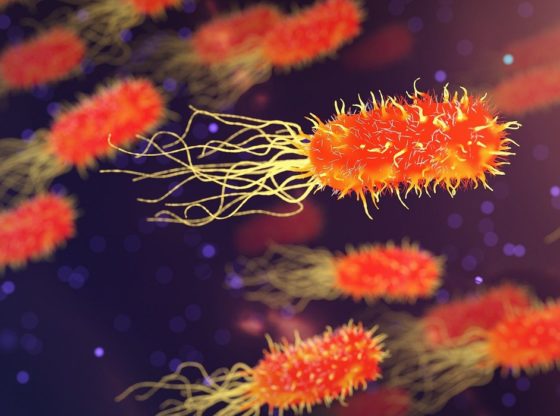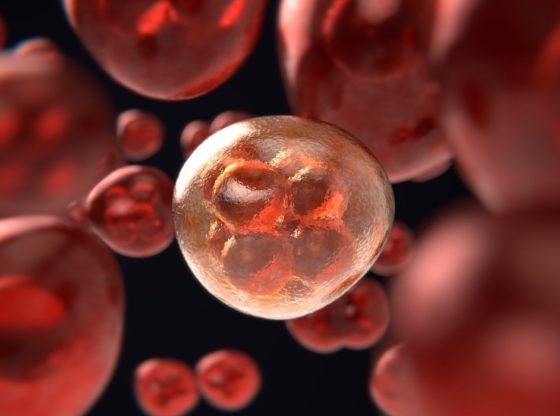By modifying three different proteins in the cancer cells, Israeli researchers have succeeded in making cancer cells self-destruct.
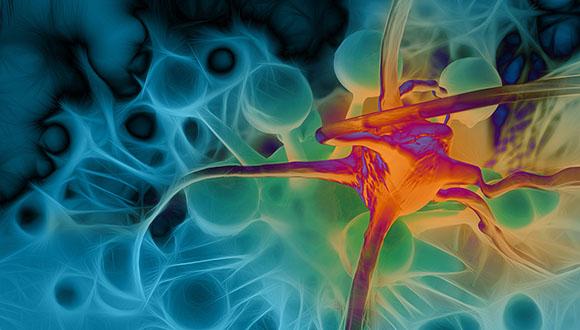
The method has already shown promising results in the fight against some of the most aggressive cancer types.
It is certainly the holy grail of cancer treatments, the ability to make some of the most aggressive forms of cancer disappear by themselves and leave healthy cells undamaged.
This scenario is now a step closer to becoming a reality thanks to researchers at the University of Tel Aviv, in Israel.
Self-eradication
The research team led by Prof. Malka Cohen-Armon discovered a method that causes a large number of cancer cells to kill self-destruct without damaging healthy cells in the body.
The study was done, inter alia, by transplanting human cancer cells into mice. The researchers then discovered that by modifying three specific proteins in the cancer cells, they can prevent the cells uncontrolled division and thus self-eradicate the duplicating cancer cells.
They modified proteins involved in the division process of cells – mitosis – to unleash an inherent “death mechanism” that self-eradicates duplicating cancer cells.
The more agressive, the more effective
This concept proved very efficient, especially in the fight against fast-growing variants of cancer. In fact, the more aggressive cancer the more effective the treatment is.
“According to the mechanism we discovered, the faster cancer cells proliferate, the faster and more efficiently they will be eradicated. The mechanism unleashed during mitosis may be suitable for treating aggressive cancers that are unaffected by traditional chemotherapy.”
– Prof. Malka Cohen-Armon of TAU’s Sackler School of Medicine.
Cohen-Armon and her colleagues have tested the method on a variety of cancer cell cultures, breast cancer, lung cancer, pancreatic cancer, colon cancer, brain cancer and ovarian cancer. With positive results in every case.
The next step is to find out if the method can be used on cancer patients.
“Identifying the mechanism and showing its relevance in treating developed tumors opens new avenues for the eradication of rapidly developing aggressive cancers without damaging healthy tissues,”
– Cohen-Armon.
Distorting chromosome segregation
The discovery entails so-called microtubular structures that prepare duplicated chromosomes for segregation into “daughter” cells during cell division.
The researchers found that a compound called Phenanthridine derivatives impair the ability of proteins to construct these microtubular structures, which distort chromosome segregation and thereby cell division – resulting in rapid self-destruction.
The researchers are currently investigating the potential of one of the Phenanthridine derivatives to treat two aggressive cancers known to be unresponsive to current chemotherapy: pancreatic cancer and triple negative breast cancer.
References:
Malka Cohen-Armon et al. Exclusive destruction of mitotic spindles in human cancer cells doi: 10.18632/oncotarget.15343
Tel Aviv University: Newly discovered mechanism causes cancer cells to self-destruct

